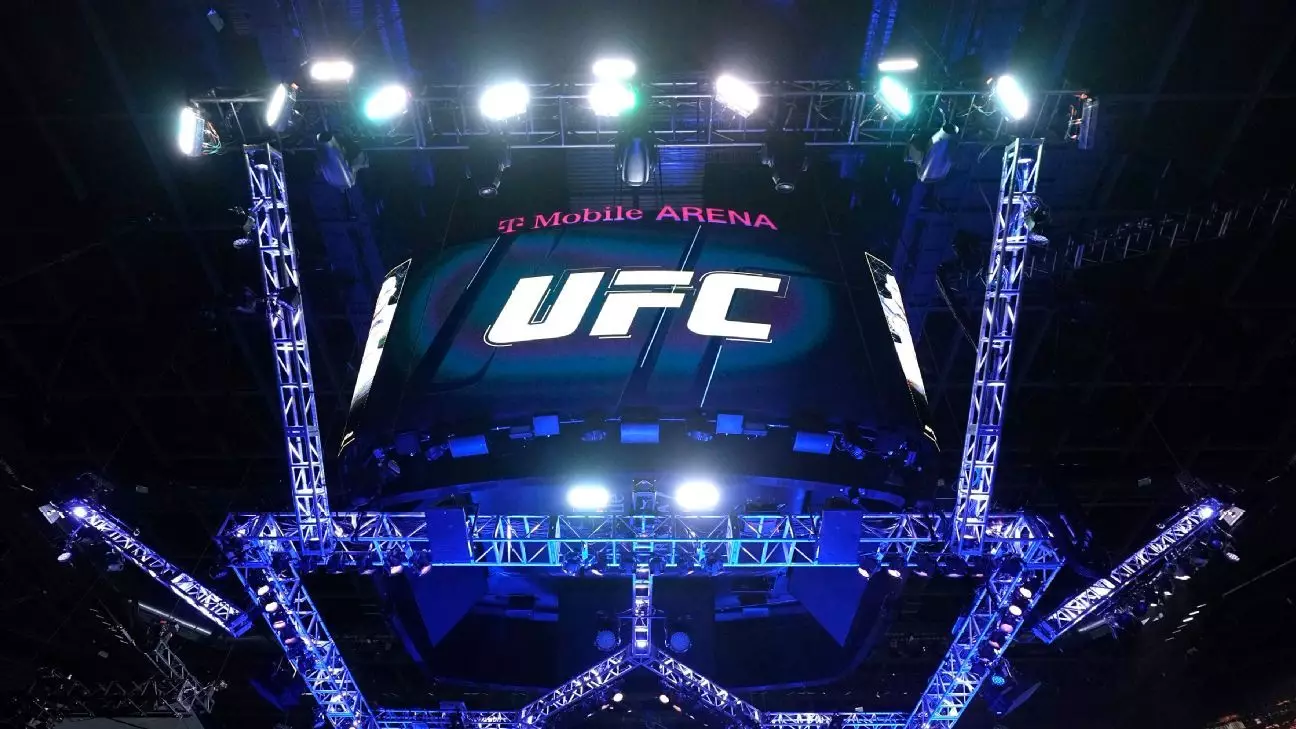The upcoming class-action antitrust case involving the UFC has garnered significant attention due to the list of witnesses expected to testify on behalf of the defendants. Current star Michael Chandler, UFC Hall of Famer Michael Bisping, and former fighter Chael Sonnen are just a few of the names listed in the trial brief. The presence of luminaries like Bisping and Sonnen adds an interesting dimension to the case, as their perspectives are likely to carry significant weight in the proceedings. Additionally, women’s star Miesha Tate and fan favorite Donald “Cowboy” Cerrone are also set to testify, providing a diverse range of insights into the issues at hand.
Aside from fighters, several well-known managers of MMA fighters are also expected to serve as witnesses on behalf of the UFC. Ali Abdelaziz, known for representing top pound-for-pound fighters like Khabib Nurmagomedov and Kamaru Usman, is among the list of witnesses. Other notable names include Jason House, Josh Jones, Dan Lambert, and Ed Soares, each bringing their own expertise and experiences to the table. Lambert, in particular, stands out as the owner of Florida’s American Top Team, a renowned MMA training facility known for producing top talent in the sport.
In addition to fighters and managers, key figures within the UFC organization are slated to testify, including CEO Dana White and former co-owner Lorenzo Fertitta. Matchmakers Joe Silva, Sean Shelby, and Mick Maynard, as well as UFC regulatory affairs head Marc Ratner and COO Lawrence Epstein, are also expected to take the stand. This lineup of witnesses reflects the breadth of perspectives that will be brought to the forefront during the trial, encompassing a wide range of roles and responsibilities within the world of MMA.
The crux of the case revolves around the plaintiffs’ claims that the UFC has engaged in anticompetitive behavior to establish and maintain dominance in the market for elite professional MMA fighter services. By allegedly eliminating competition and suppressing wages, the plaintiffs argue that the UFC has wielded monopsony power to the detriment of fighters. The sizable damages being sought, ranging from $894 million to $1.6 billion, highlight the gravity of the allegations and the potential implications for the industry at large.
One of the central issues in the case is the treatment of UFC fighters as independent contractors rather than employees, which has significant implications for issues like collective bargaining and revenue sharing. Unlike athletes in major team sports, UFC fighters lack the collective bargaining power to negotiate for a more equitable split of revenues. This disparity, coupled with the absence of a union, has contributed to a situation where fighters receive a much smaller share of the UFC’s revenue compared to their counterparts in other sports.
In response to the allegations, the UFC has vehemently denied having monopsony power or engaging in anticompetitive practices. In its trial brief, attorneys for Zuffa characterized the case as an “attack on success” and emphasized that antitrust laws are intended to protect competition, not serve the interests of a select few individuals. The legal battle that lies ahead is likely to shed light on the complexities of the UFC’s business practices and the broader implications for the world of MMA.
The upcoming UFC antitrust case represents a significant moment in the sport’s history, with high-profile witnesses, contentious allegations, and far-reaching implications for fighters and the industry as a whole. As the trial unfolds, the intricate dynamics of the case are sure to spark debate and reflection on the future of MMA and the treatment of its athletes.


Leave a Reply